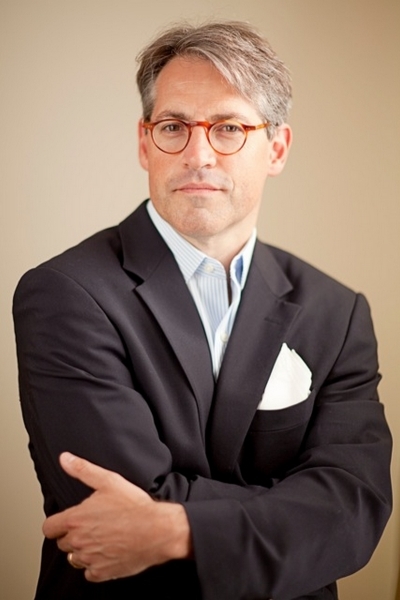Porn: A Cultural Shift Amid Spiritual Darkness

Amid all the bad news, there is one cultural shift underway that is a hopeful sign for our times.
A look back at 2,000 years of Christian history teaches many lessons, but one that stands out to me is that when culture looks the darkest, the Church often shines the brightest. From the conversion of pagan Rome, to the saving of civilization during the Dark Ages, to the abolition of slavery, and on and on.
Here in today's America, anyone can look around and see a growing spiritual darkness, but I want to focus on just one issue that has plagued the culture for more than 50 years now.
I'm talking about pornography, and I suspect I don't have to convince you that it has done untold damage to individuals, families, and a culture of life and dignity. But lately, I'm seeing some hope on this front.
Two months ago, John Stonestreet reported that Hilton Hotels removed pornography from all guest rooms because it wasn't consistent with their values. We've also seen great work done by the National Center on Sexual Exploitation, including their recent End Sexual Exploitation Summit, which drew experts and guests from around the world.
Looking forward, Josh McDowell Ministries will hold a major event next April to equip pastors to fight pornography. These are all signs of an impending social thaw on this issue.
To this list, I want to add a new statement just released by the U.S. Conference of Catholic Bishops. "Create in Me a Clean Heart" is a powerful document regarding the evils of pornography and the pastoral action needed to combat it. Those not of the Catholic faith may be tempted to dismiss this statement, but that would be a mistake. There is much for all Christians to appreciate here.
The letter bases opposition to pornography in the great 'yes' that we all have in response to God's call to love.
Leading with a positive vision of the human person, the statement says, "Because each of us is created in the image of God, we are given the call — the vocation — of love and communion. … Because of the beautiful meaning and dignity communicated by our bodies — which communicate our very selves — our bodies should be treated with the greatest respect."
By contrast, the bishops wrote, pornography "presents and promotes a distorted view of human sexuality, in which the person portrayed, man or woman, is treated as merely a means of pleasure."
A key distinction between the Christian teaching on love and the pervasive mindset of culture is that people are persons to be loved and not objects to be used and discarded. Of course, resisting the temptation to use another — for sexual pleasure or otherwise — can be very difficult for those who have grown up in a culture where such use is common and encouraged.
However, as the bishops remind us, "No wound is so deep … as to be out of the reach of Christ's redeeming grace."
Now, there are elements in this statement more ordered to a Catholic audience, but it does a great job of summarizing the many harms of pornography to men, women, and children. It also details pornography's devastating impact on society, including its connection to sex trafficking, child exploitation, divorce, and even abortion.
Perhaps the strongest part of the statement is where the bishops remind us that the church is meant to be a "field hospital" for the world's wounded. Rather than issuing condemnation, the statement reminds us that all people have been harmed by sin. The statement ends with a profound call of love and acceptance to those ensnared by pornography, including those using it and those harmed in its making.
Even though pornography is a "dark 'sign' of the modern world," the light of Christ shines brighter and allows us to "proclaim the truth of the human person in love," and to "provide the Lord's mercy and healing for those wounded by pornography."
This article was originally posted here.



























